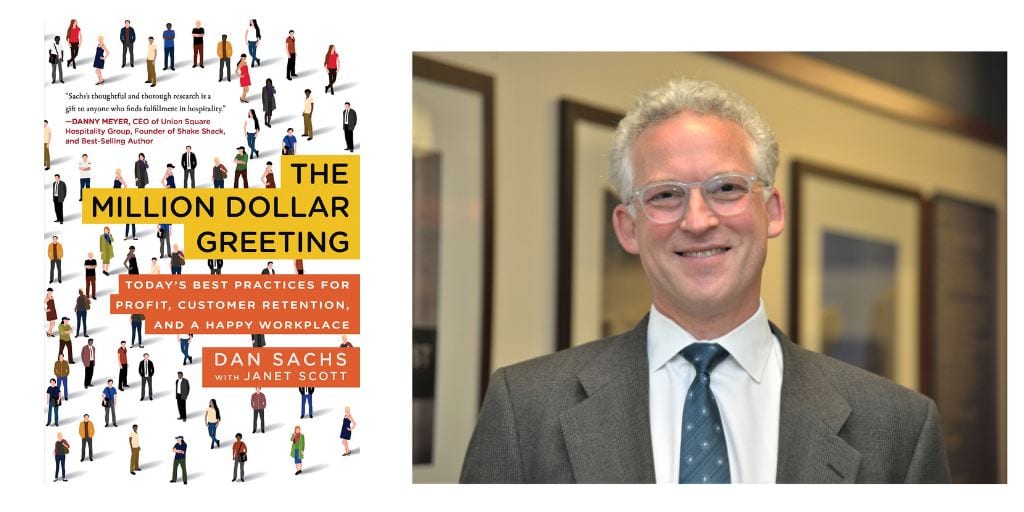 The Relationship Diet: How to Create Happy, Healthy, and Valuable Relationships (At Home, At Work, and Everywhere You Go)
The Relationship Diet: How to Create Happy, Healthy, and Valuable Relationships (At Home, At Work, and Everywhere You Go)
By James A. Mourey, assistant professor of marketing
(James A. Mourey, 2018)
Synopsis:
Mourey combines 50 years’ worth of social psychology research with more than a decade of corporate consulting experience “to provide a novel relationship framework that will change the way you think about and engage in relationships with others.”
Three Takeaways
- The same variables predict all healthy, successful relationships, whether they are professional, romantic or friendly.
- Successful relationships depend on four core “flavors”: direct communication, interdependence, enduring commitment and trust. Fifteen “ingredients,” including amiability, confidence, honesty and openness, build these relationship flavors.
- The word “diet” in the book’s title comes from the Greek word diaita, meaning “a way of life.” Your way of life, including your career, can be improved significantly by building relationship skills, Mourey writes.
“The Relationship Diet includes a diagnostic tool, sort of a ‘strengths finder for relationships,’ that reveals your relationship-building strengths and weaknesses, so you know what to leverage and what to improve,” Mourey says. “It provides a useful way for managers to create high-functioning teams based on knowledge about how team members are likely to relate and where teams are most likely to have relationship problems.”
The Million Dollar Greeting: Today’s Best Practices for Profit, Customer Retention, and a Happy Workplace
By Dan Sachs, instructor, School of Hospitality Leadership
(Apollo Publishers, 2018)
Synopsis
Sachs travels across the United States and Canada interviewing leaders of consistently profitable large and small companies who tie their success to exceptional customer service and employees who rank their organizations among the top places to work in North America.
Three Takeaways
- Creating a great customer service culture begins with your employees—be accountable and authentic with them. It goes a long way toward building a team that prioritizes the customer experience.
- Great service experiences start with empathy and the ability to put ourselves in another’s shoes and then act on this understanding to change somebody’s day.
- Exceptional leaders understand that having a vision is not enough. Leadership requires turning a vision into a culture that engages both the employees and the community.
“When I started teaching at DePaul, I couldn’t find a book that integrated a philosophy focused on hospitality as a tool to create great customer service experiences, so I decided to write it myself,” Sachs says. “Products and processes can be duplicated, but the way you treat people, the type of culture you create and the values you champion are unique. Building a business that lasts is all about creating emotional connections with customers through hospitality.”
By Andrew Zamorski

